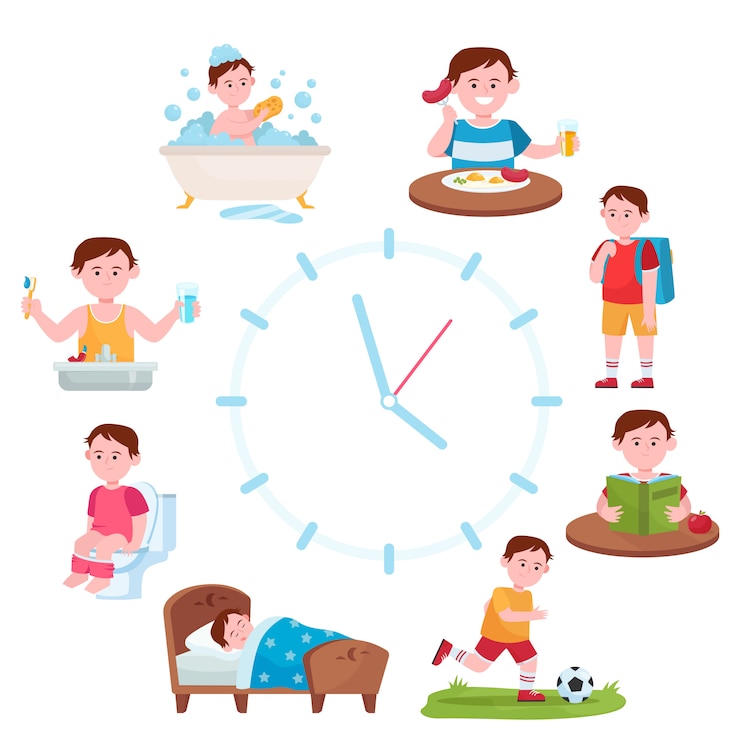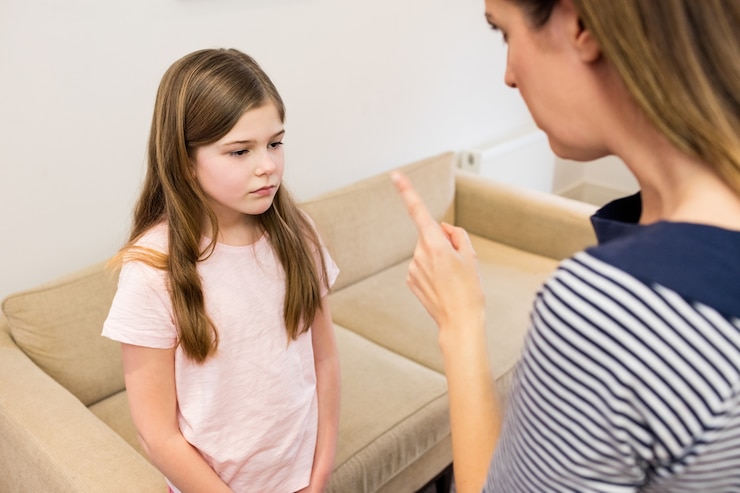
If you’re feeling overwhelmed with a child who has ADHD, know that you’re not alone. A child therapist, who is also a mom to a child with ADHD, offers simple steps to help you gain clarity and confidence. Caring for a child with ADHD can be emotionally and mentally challenging, but these five tips can help you keep things in perspective and make both you and your child happier.
### Table of Contents
**Can I be honest?**
Some days I wonder what life would be like if I wasn’t raising a child with ADHD. Would I have more patience since I wouldn’t be using every last bit on emotional meltdowns and outbursts? Would my house be tidier without impulsive ice cream raids and the sticky messes left everywhere? Would I be the “fun mom” more often, instead of always needing to enforce routine and predictability?
I often think about these things on days when raising an “outside-the-box” child feels particularly overwhelming, and it seems like other parents have an easier time. The vision I had for family life feels like it’s been taken from me. But seven years in, I’m grateful these days are fewer. Time helps; it brings hope, possibility, and space for growth.
When you feel swamped by overwhelm and exhaustion, keep these ideas in mind to stay focused on what truly matters: the well-being of both you and your child.
**Hit Pause**
Allow yourself to pause if you’re about to lose control. Most situations with your child aren’t emergencies. Taking a moment to step back can lead to a more supportive and effective response when you’re ready.
When the world feels like it’s spinning, pause and reflect on your emotions and physical sensations. What’s behind your anger and frustration? Are you upset because your child repeats the same mistakes, or scared they’ll never learn to clean up after themselves? Whatever you’re feeling is okay. Step one is accepting your emotions. They’re temporary, and acknowledging them allows them to pass. You’re not a bad parent for having these thoughts and feelings about your child’s challenges.
Being mindful of your thoughts and emotions, instead of reacting with frustration or criticism, enables you to be the best parent for your child and keeps your relationship strong.
**Find Compassion**
You didn’t plan to navigate a special needs journey when you became a parent. Coming to terms with the challenges ADHD brings takes time, patience, and self-compassion.
Parents of children with ADHD often feel overly critical of themselves. Falling into the trap of believing you’re responsible for your child’s ADHD behaviors can mistakenly make you think these are due to poor parenting rather than a neurological condition.
When negative thoughts arise, acknowledge them for what they are and counter them with truth and realism: “I’m doing my best today, and so is my child.” Recognize that it’s your job to understand what ADHD symptoms are and to place your child’s behaviors in the right context—not the job of extended family or onlookers.
Find ways to process complicated emotions, whether by talking to another parent of a child with special needs, journaling, or prayer.
**Focus on Strengths**
Helping a child with ADHD reduce negative behaviors means highlighting their natural gifts and strengths, rather than just focusing on negative behaviors. Recognizing your child’s positive traits is crucial when faced with difficult behaviors.
During tough times when loud or aggressive behaviors dominate, it’s important to remember your child is much more than these behaviors. Discovering and nurturing the amazing person your child is can truly be a gift.
**Manage Stress**
Constant exposure to challenging behaviors can overwhelm you, causing your brain to function out of its emotional area instead of logical thinking. Yelling, defiance, and aggression can trigger emotional responses, pulling you into a cycle of disruptive behaviors.
Remind yourself that this phase is temporary. Refusing to do homework or fighting with siblings now doesn’t predict their future. Your child’s brain, especially areas responsible for planning and self-control, will continue to develop, enhancing their abilities to self-regulate and manage emotions. With your support, your child will be okay—and so will you.
**Repair Connections**
On days when patience is scarce, take it as a sign to repair your relationship. A secure, warm connection with a caregiver is essential for every child, especially those facing additional challenges.
Step back from the parent “control center” and let small things slide for once. Focus on creating fun and laughter with your child. Connection and laughter can work wonders when you’re in a rut.
Remember, great challenges teach the greatest lessons. Time has taught me patience through my child’s behavior challenges, and that a clean house isn’t the most important thing. I’ve even come to appreciate routine and predictability.
Pause, breathe, and reassure yourself that your child will be just fine. They have the most important thing—a loving, concerned, and dedicated parent in their corner.
This post was initially published on 12/12/2018 and has been updated since then.
P.S. Here’s more support for your ADHD parenting journey…



